Glenn Carle: So we go from unilateral foolishness to perhaps bilateral foolishness. There has been a terrorist attack in Jammu and Kashmir, with dozens dead. And how has this put the subcontinent into turmoil?
Atul Singh: So I’ve called it “Pakistan’s Deadly Islamist Terror Attack, India’s New Water War.” So let’s talk about it, because there is nothing new about yet another Islamist terror attack. We know what happened in 1999: the Kandahar hijacking. We know what happened in 2008: the Mumbai attacks. You probably remember that, Glenn. You were probably still in the CIA then. And now the latest attack happened in Baisaran Valley, Belgaum. So it’s near Belgaum, it’s in Kashmir. It’s a meadow, you walk there. Lots of tourists were going there. Kashmir is a part of the Union Territory of Jammu and Kashmir, earlier it was a state. The terrorists were clearly Islamists. They killed 26 men and injured 20 others. And they asked victims whether they were Muslims before killing them. And if they claimed they were Muslim, they had to recite what South Asians call the Kalma. The Arabs probably pronounce it, “Kalima.”
Glenn Carle: And what they were doing was repeating what the terrorists did in the Taj Mahal Hotel in Bombay.
Atul Singh: In a way, yeah, yeah. Exactly, exactly. This is part of a pattern. Of 26 victims, one was a local pony operator, one was a Christian who said, “Look, don’t kill me, I’m a Christian.” And they said, “You’ve been killing our brothers in Palestine, you get the shot.” Bam. Very tolerant chaps, I’m sure. You know, they will be recruited in Hamas. The rest were Hindus, or maybe one was a Buddhist. But the key thing is that of the dead, one was a 26-year-old naval officer, Vinay Narwal, who was on his honeymoon and had been married for just six days. And there were a couple of other officers, one from the Air Force and one from the Intelligence Bureau, and they were all traveling as tourists. And so this sent shock waves, because one, it was cold-blooded. It’s quite brutal. Two, the illusion of peaceful, idyllic Kashmir is gone, evaporated. Tourists were going in from India into Kashmir in large numbers. The government was saying, “We now have tourism, not terrorism, in Kashmir.” This is the Narendra Modi and Amit Shah government, in a way — the dynamic duo, Batman and Robin, running India. And they said, “We’ve brought peace to a troubled land. We have succeeded where Jawaharlal Nehru has failed. Everything is hunky-dory. There are rivers of milk and honey and, yes, it’s brilliant.” And what has happened is that Pakistan has demonstrated yet again that it can inflict asymmetric damage. Because, look, they’ve used a few — five — people and there are thousands of Indian soldiers scouring the forests to find these five characters. There is firing on the Line of Control. India has announced a series of measures. It has responded by closing the main India–Pakistan border crossing, suspending the 1960 Indus Water Treaty — we’ll talk more about that — expelling Pakistani diplomats, halting a special visa regime and ordering some Pakistani visa holders to leave within 48 hours. Pakistan has acted as well by warning that any attempts to alter Pakistan’s Indus River flows would be considered an act of war. It has closed Pakistani airspace to all Indian commercial airlines. So now they are flying around South and North — not very convenient. They’ve halted a special visa regime for Indian citizens and they’ve suspended bilateral trade. All in all, it’s yet another flare-up.
Pakistan’s foundational identity and radicalization
Atul Singh: And the new thing to note is the declaration that India is suspending this treaty. Can it stop water flows today? No. But it can certainly release waters through tunnels at an inconvenient time. It can certainly mitigate the flow as well. And if India pursues this and builds dams, then Pakistan could have trouble, because it’s a downstream country. They would certainly then have a problem with getting water when they need it and having too much water when they don’t want it. So India could use dams as water bombs, but that would take seven to ten years. But that is very much the mood in the country, because each time India thinks it has peace, there’s yet another attack and everything’s back to square one. And the Pakistani Chief of Army Staff, the man who really runs the country — because the most popular leader, Imran Khan, is in jail. The Army has just thrown him into jail and installed puppets from corrupt political dynasties, the Sharifs and the Bhuttos, who used to be political rivals. The Sharifs come from Punjab, the Bhuttos come from Sindh. The Sharifs are businessmen who’ve made an arm and a leg and have huge property in the Middle East, in Dubai. The Bhuttos go back to Zulfiqar Ali Bhutto, the flamboyant Prime Minister who promised to eat grass and get a nuclear weapon. He was hung by General Zia-ul-Haq, the Islamist army chief who actually began the process of radicalization. He was a Cold War ally, served his purpose against Afghanistan for the US and instituted Operation Tupac, which was “bleed India through a thousand cuts.” And initially supported the Punjab insurgency, not Kashmir. And then in ’89, Kashmir erupted. And in 1990, Kashmir Islamists conducted massive ethnic cleansing — basically got rid of nearly all the Kashmiri Pandit families. And it’s there on a timeline on Fair Observer — you can read a lot of stuff on Fair Observer and look at the timeline. And that Islamization continued apace. But going back to the Bhuttos, his mother died as well. And Zulfiqar Ali Bhutto’s grandson, Bilawal, is yet another effete dynast from South Asia. He was a truly awful student at Oxford and known for drinking a bit too much alcohol, snorting a little bit of cocaine and conducting orgies. In fact—
Glenn Carle: There’s a cultural openness.
Atul Singh: Pardon me?
Glenn Carle: This is being open to international cultures.
Atul Singh: Openness, exactly, exactly. And he’s now Foreign Minister and coming up with smart-aleck comments and posturing like his grandfather against India. So in India, of course, we have a government that has claimed that it is super strong on national security — a government that claims that Jammu and Kashmir is now under control. And therefore, this attack is egg on both Modi and Shah’s face. And the popular sentiment in India demands action. So now, it’s not as if both the leaders probably want war or want too much action, but they have the tiger by the tail and they have to show that Modi has a 56-inch chest, as he claims. And so we are in a tricky situation, tensions have flared up. And, of course, the Pakistani Defense Minister has said that Pakistan has been handmaiden to the West and washed its dirty linen. And that was an interview with British media that has circulated a lot. And Pakistan has suffered more from terror than anywhere else, and Pakistan will take strong action. So yet again, we are back to saber-rattling in the Indian subcontinent. And at the heart of it is the clash between two nations that emerged from British India: one with this idea that it was the land of Islam and therefore has an element of jihad in its DNA. It’s a feature, not a bug, to use software language, since I am sitting in San Francisco today. I am in Silicon Valley. It’s a feature of Pakistan. And then India, which has been a soft state, which has been a soft target, and has been hit again and again and again. And under the BJP — it is under the Bharatiya Janata Party, the Hindu right, that is now in power — is claiming to get tougher. But it remains to be seen how tough it really is.
Glenn Carle: A number of questions come to mind — reactions that I would very much like your response to and explanation for. First, it comes to mind that Pakistan suffers from a foundational problem, it seems to me, which is that Pakistan exists or views itself as not India and Islamic. And if it’s not both of those things, then it doesn’t exist. And I’m not being facetious. That seems to be the only thing that has Pakistan cohere to the extent that it has. Would you concur, or is that unfair?
Atul Singh: Yeah. I mean, look, you were involved in the War on Terror. You have been to Afghanistan. You have worked with the Inter-Services Intelligence. And so you know these characters. What is keeping a Baloch, a Pashtun, a Punjabi, a Sindhi, a Muhajir and a Kashmiri in Pakistan together? The economy is in the doldrums. They’ve gone to the International Monetary Fund 17, 18 times. They are no longer the darling of the US. They no longer have use as a Cold War ally. The state and the elites have failed to provide basic services to the people: no education, no schooling, no healthcare, no basic facilities. And the population has grown five-fold since 1960. And where do the kids go? Where do the young boys go? To madrassas. And there are reports after reports that your agencies, American think tanks, have written. And of course, I grew up in India, so I have a closer perspective. But even across the world, there’s a clear alarm that Pakistan has become the jihad factory of the world because the state has imploded, and the madrassas have replaced it!
Glenn Carle: That takes us to a point — one of the points you made quickly, among many — about Zia-ul-Haq, that he began the Islamization and radicalization. And that is true, but it’s also not true, meaning that he’s both a symbol, a driver and yet a symptom and product of the deeper trends. My colleagues and other outside, non-Pakistani observers became concerned — oh gosh, it’s 2025 — 50 years ago about the shift in the cultural orientation, which is religious orientation, of Pakistani society. In particular, the one functioning organization and entity that exists in Pakistan, which is the military. That’s the third element that I left out of my comment about Pakistan. There is the definition of Pakistani, meaning, “we aren’t Indian, which means we aren’t Hindu, which means we are Islamic.” And the only thing that kept all of these various groups and ethnicities and so on, that you started to iterate, together at all, was the military — the one functioning organization. So it’s become not just a single-party, hierarchical, typical authoritarian state with no reason to exist, except for Islam as they define it, however they define it. And this Islamization — and we won’t go into huge history and sociology — but it first became, in a practical sense, noticeable and alarming from a foreign policy perspective because of the changing nature of non-commissioned officer training in Pakistan. And a part of it was a rejection of colonialism, which one would understand. But the elites, the ruling people from sergeants up to the heads of state, would have been educated in English educational systems, substantively and literally, up until about 1980. At which point, to become independent and to reject colonialism, they embraced their indigenous, pure — their own — Islamic madrassas. The number of madrassas increased in Pakistan in the past 40 years. I used to know literally the exact number, but I can’t remember that now. But I think the number of madrassas increased by something like ninefold. There are nine or ten times more madrassas now than there were 40 years ago, and a concurrently lower number of secular institutions. And the non-commissioned officer class became heavily Islamicized. So Zia-ul-Haq was a product of that. So that’s one major thing, but — please, yeah.
Historic roots of the Garrison State
Atul Singh: Just to give you evidence that supports your argument: In September 1974 — this is when Zulfikar Ali Bhutto, the grandfather of Bilawal Bhutto, is Prime Minister — the Pakistani Parliament passed an act declaring Ahmadis to be non-Muslims. So the Ahmadis had to flee to London. And the Ahmadis had been loyal foot soldiers of Pakistan, in fact, the most loyal foot soldiers of Pakistan. The father of Pakistan’s nuclear bomb was an Ahmadi. You had to keep your mouth shut. And this was one indication that, like a nuclear fission reaction, what began with Muhammad Ali Jinnah’s idea of a pure state for Muslims — ironically, he was a pork-eating Bombay lawyer married to a much younger Parsi woman who dressed rather boldly… But the ironies of history are manifold. So that trend — you’re right. Jinnah was both the symptom and the cause. And our friend, Ishtiaq Ahmed — let me give her a shout-out, because he wrote The Pakistan Garrison State, which is a phenomenal book if you want to understand Pakistan, that Pakistan became a garrison state. And he says that you can compare it to Egypt as well. But when I spoke to him — you can go back to the earliest Delhi Sultanate, which was formed in 1192, after the Turks beat us, the Rajputs, because we were weak, and in the words of Pashtuns, we were probably “vegetarian surrender monkeys.” But the reality is that once the Turks take over, the Muslim state in India initially is a garrison state and remains so, even under Mughal rule, even after the Mughal Empire disintegrates. And Persian adventurers and Arab adventurers create kingdoms in Bengal, and others. There was even an Abyssinian adventurer earlier who came and created a state in South India. (Laughs) Over to you.
India’s Kashmir strategy
Glenn Carle: History, of course — this is the easy lever to press for me and take me off into endless tangents where I’m perfectly happy.
Atul Singh: There are two of us who have studied history. We are awful! (Laughs)
Glenn Carle: To bring it back to the current terrorist attack and why all of what we said I do truly feel is directly relevant, as you pointed out: Okay, this is the latest atrocity and terrorist attack in Jammu and Kashmir in an endless list. It goes back to the independence of Pakistan and India. So therefore, what would be different from this attack? There are a number of things that I want you to talk about from the past 40–60 years, and does it actually affect and change in any way, or will it, Indian policies in the disputed states and vis-à-vis Pakistan? And if so, why this time? Now, I think there are two or three actual, substantive, fundamental differences in this particular terrorist attack, which haven’t, so far as I’m aware, received almost any discussion at all. Under Modi, India adopted a strategic, fundamentally different policy towards Jammu and Kashmir than his predecessors. And I’m not talking about the 2019 administrative, legal change — which is important — but rather…
Atul Singh: Article 370.
Glenn Carle: Yeah. How do we Indians, as in the government, address this unsolvable problem? What we will do is we will create a regime — economically, politically, administratively — that fosters emigration or moving, migration, of Hindu businessmen and elites — business, educational, so on — into Jammu and Kashmir. That will make the economy vigorous and dynamic, which should make everybody happy.
Atul Singh: Tourism, not movement. People are not settling there. Tourism. It’s not settling because people are scared of living there. Yeah.
Glenn Carle: Okay, well, let me finish. But the objective, as I’ve understood, is to change the ethnic balance between Hindu and Muslim there. And that would then solve the problem. And that this specific terrorist attack is a conscious, direct response by the Pakistanis — by ISI, the government, the two being synonymous — to undermine this policy. And at the same time, to do something even more ambitious, which is this time to so terrify Hindus that they will have the opposite effect. And just as happened to Christians in the Middle East, in Islamic States, so will happen, as it has in parts of Jammu and Kashmir, to the remaining Hindu population. They will be so disgusted and terrified that they’ll leave. And de facto, Pakistan will win the argument by turning the entire region, changing the balance.
A coming water war?
Glenn Carle: Now, are these things at play? How will they play out? Will they succeed on one side or the other? And are these the differences this time? If so, and if not, why is this somehow receiving particular attention, other than the horror that hasn’t dissipated from the attack in the last week or something?
Atul Singh: Too much: We’ll do a separate session on Kashmir, everybody. But very quickly: Is this terrorist attack necessarily different? No. It’s part of a pattern. Is it the biggest? No. Is it the bloodiest? No. Yes, it has been clinical and shocking, but it’s part of a long-term pattern. In fact, since 2023, the Islamist terrorists have been hitting Hindus and Sikhs. There was an attack of pilgrims, there was an attack on laborers. And officers on both sides of the border, Indian and Pakistani, have said that ultimately, demography is destiny. And so Pakistan has been conducting ethnic cleansing in Poonch and Rajouri, the two border districts in the Pir Panjal range next to the border. Because if you have an entirely Muslim population in Poonch and Rajouri over time, then you’ll have more sympathizers. And they followed massive infiltration. And a number of soldiers and officers have been dying, Glenn, including someone who was a friend of a friend: Captain Shubham Gupta of 9 Para Commandos. So this has been in play. They realized that killing army officers and soldiers doesn’t really bother India. In fact, a senior Indian Administrative Service officer once told me, “We can afford two officers and twenty men casualties a day.” This was at the height of the insurgency. So, yeah, India can and does accept casualties of uniformed personnel. But tourists? This is shock and awe. So yes, certainly they want to stop tourism. If they kill tourists, they kill tourism. Half the sites are already closed. That means there’ll be less revenue coming into local Kashmiris. That means there’ll be more unemployment. That means there’ll be more disaffection. That means they can then have more sympathizers. So this is very clear that Pakistan is making a play against the greater integration of Kashmir into the national economy. That is the Modi government’s play: build infrastructure, encourage tourism, have jobs so Kashmiris feel more connected to India. Asim Munir, by the way, was head of Inter-Services Intelligence, the current Chief of Army Staff. He is known to be more Islamist than his predecessor. He needs Kashmir to be an issue, because Imran Khan is in jail, the army is unpopular, there have been crowds protesting against the army for the first time in Pakistani history in such large numbers. So they are even having problems in Balochistan — a number of them got killed — and now they need Kashmir as a rallying cry, as a unifying cry. Why is it different for India this time? Because, number one, it hits at the very image of the government, which claims to be strong on national security. Number two, the nationalist sentiment has risen much greater in the last few years. And number three, therefore, you have, for the first time, the revocation of the 1960 Indus Waters Treaty which survived the 1965 war, which survived the 1971 war, which survived the 1999 border conflict — Kargil — all of that, and so many terror attacks. And I think the zeitgeist has changed, and they’ve decided, “Okay, maybe we just cut off the water and make Pakistan hurt.” In fact, my Israeli friends, when I spoke to them, suggested that India should just carry out targeted killings of top Pakistani military leadership, just as they do with the Iranians. So the Pakistanis should thank their lucky stars that we don’t have too many Israeli immigrants in India! (Laughs)
[Lee Thompson-Kolar edited this piece.]
The views expressed in this article/video are the author’s own and do not necessarily reflect Fair Observer’s editorial policy.





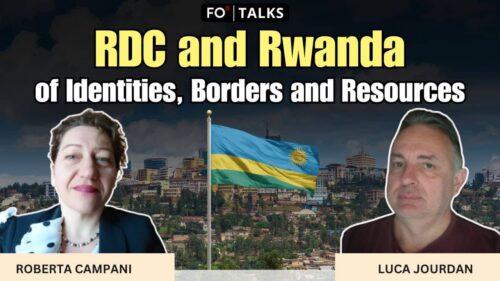
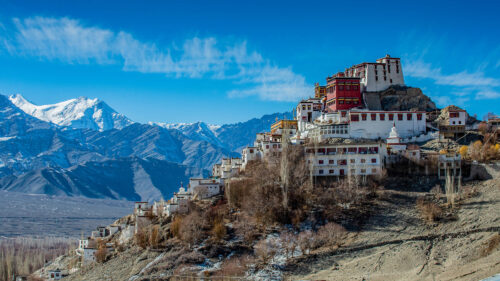
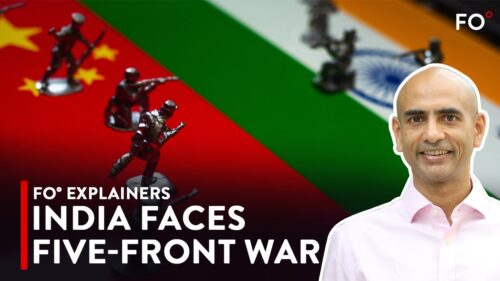




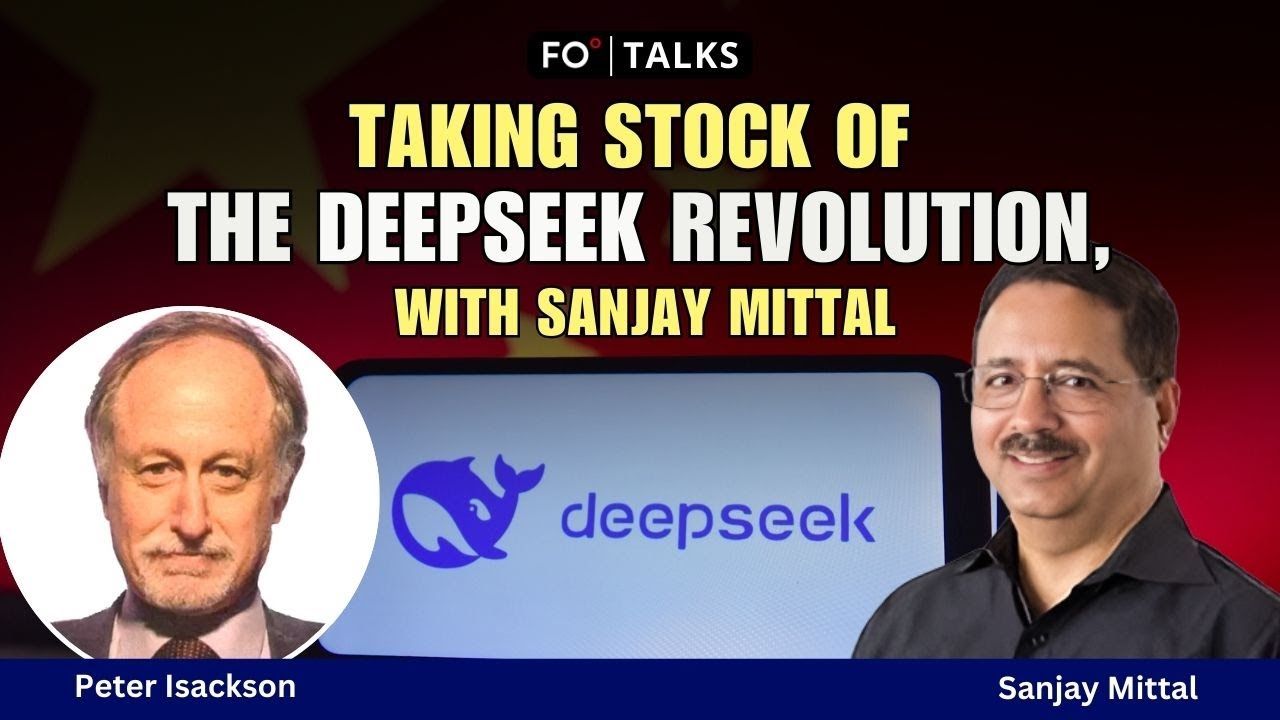

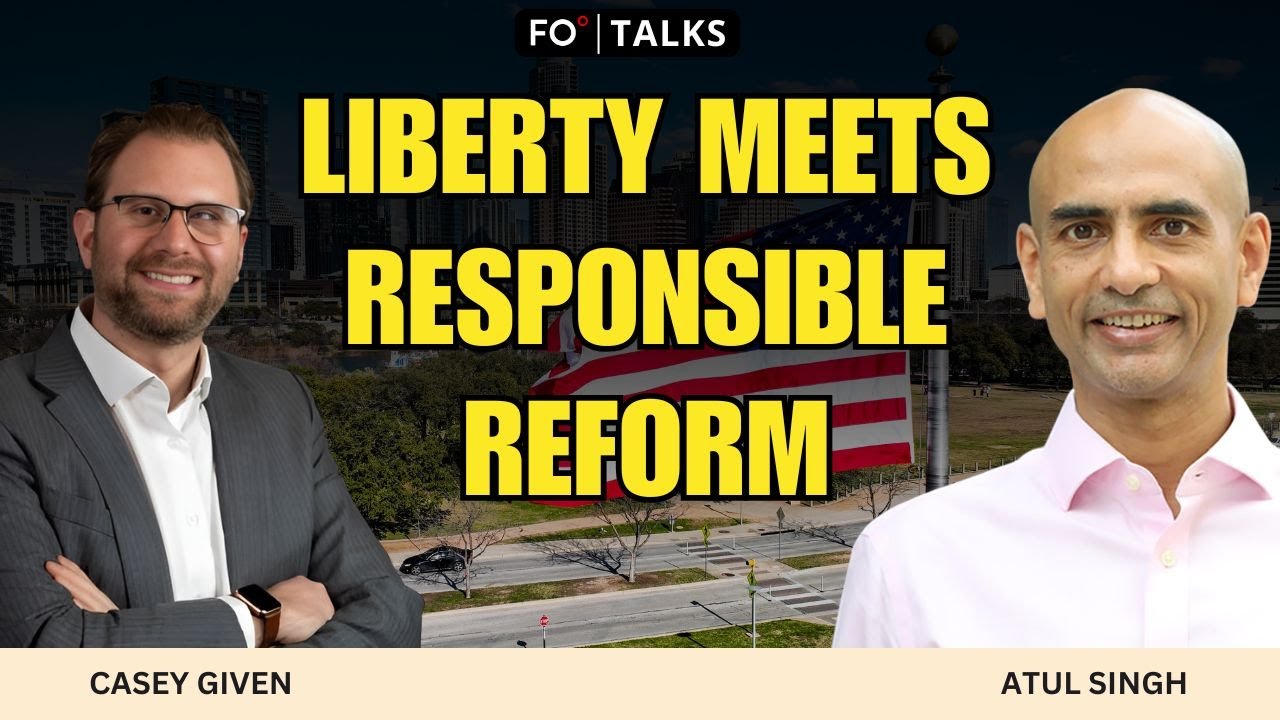

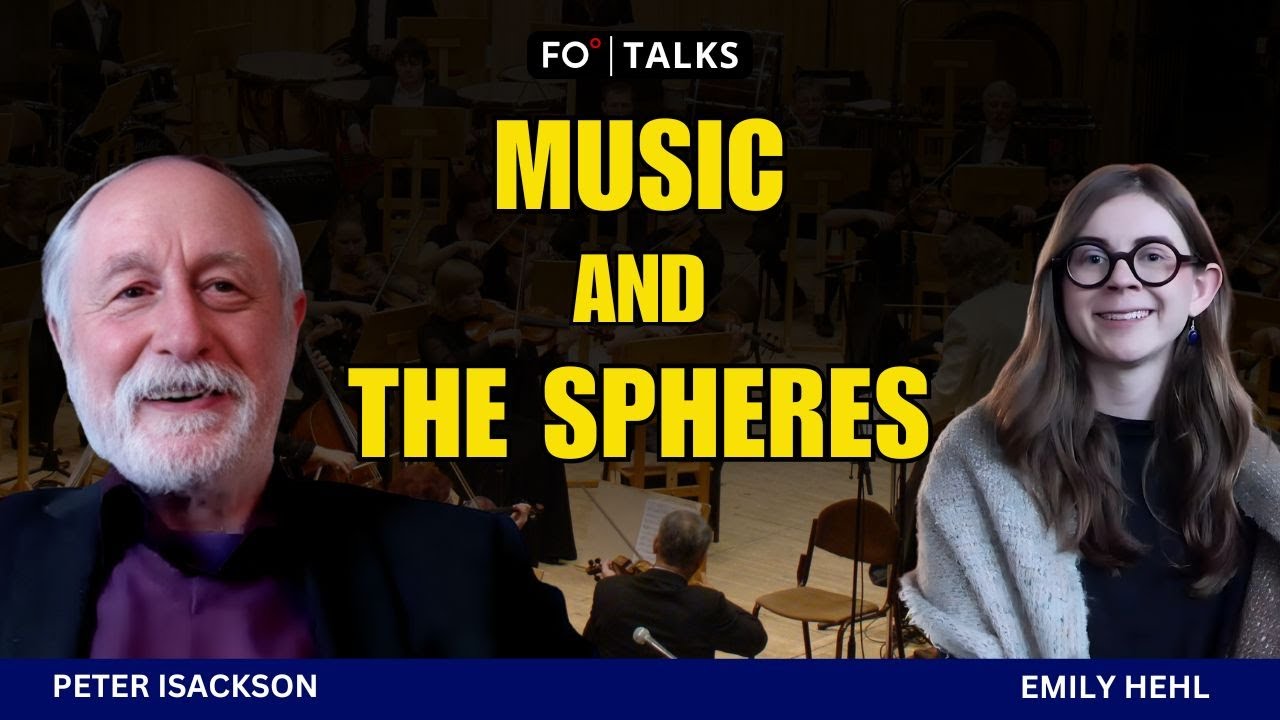



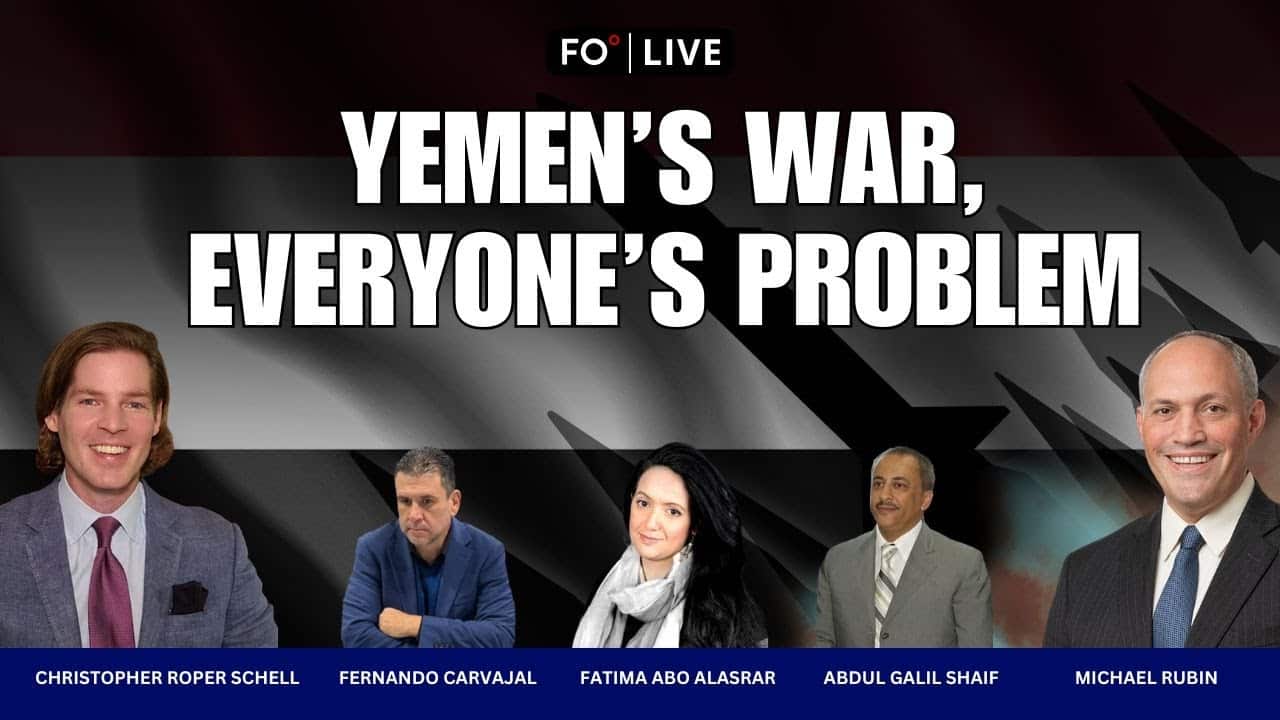

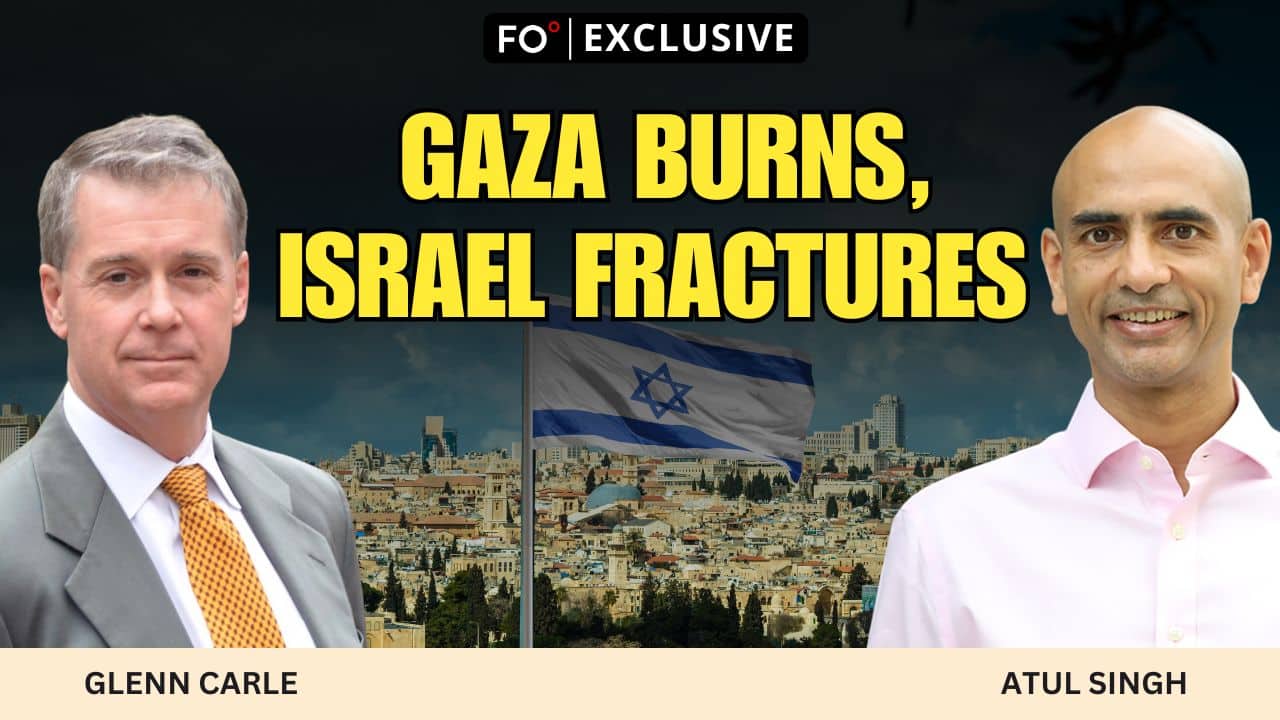

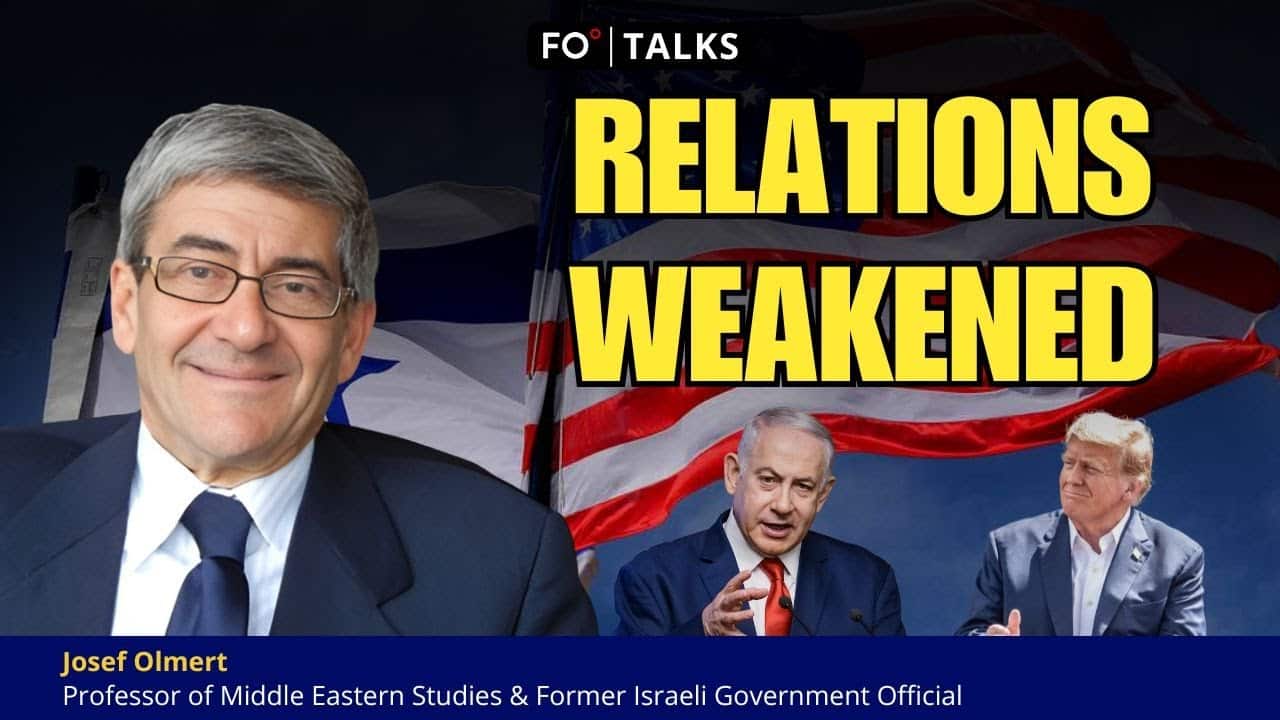



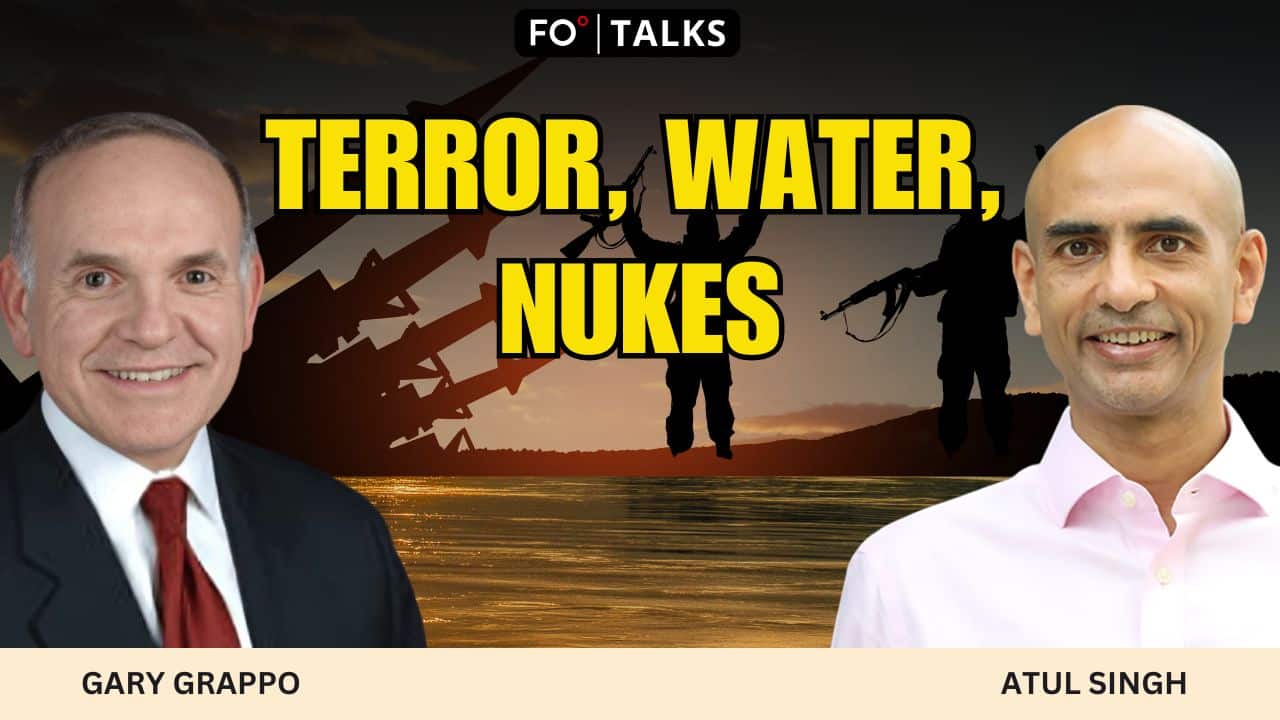

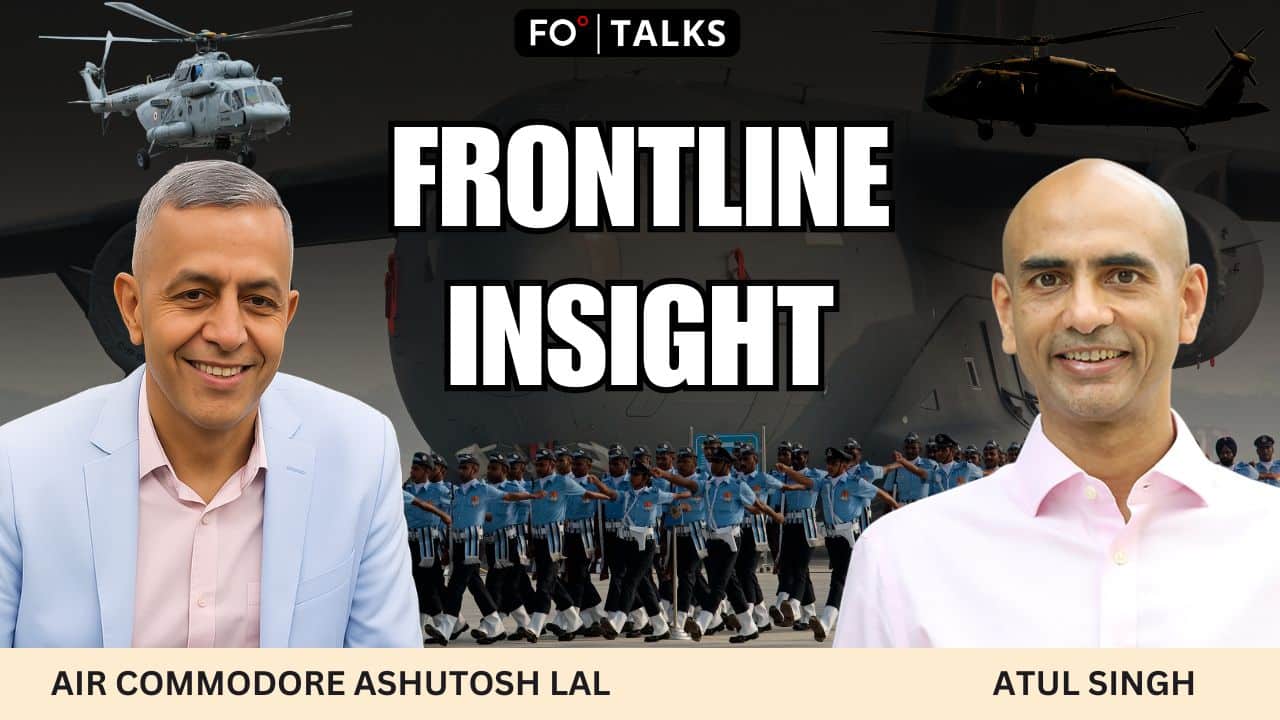

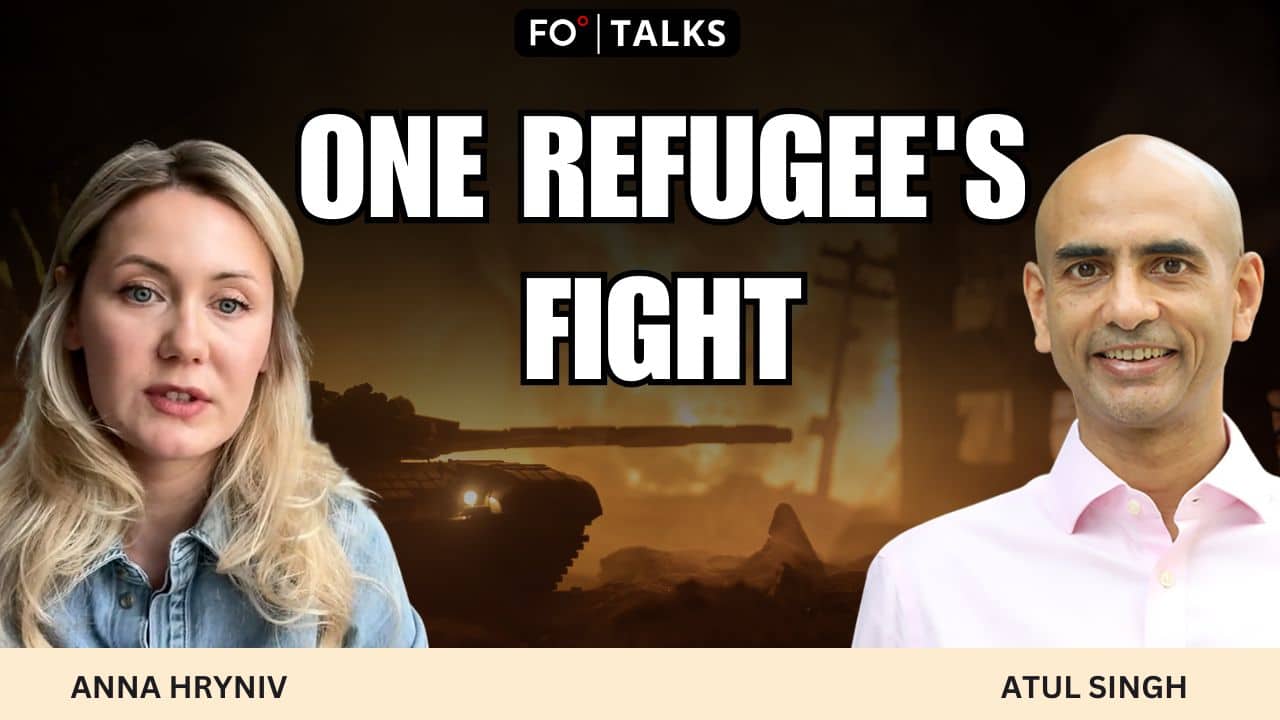

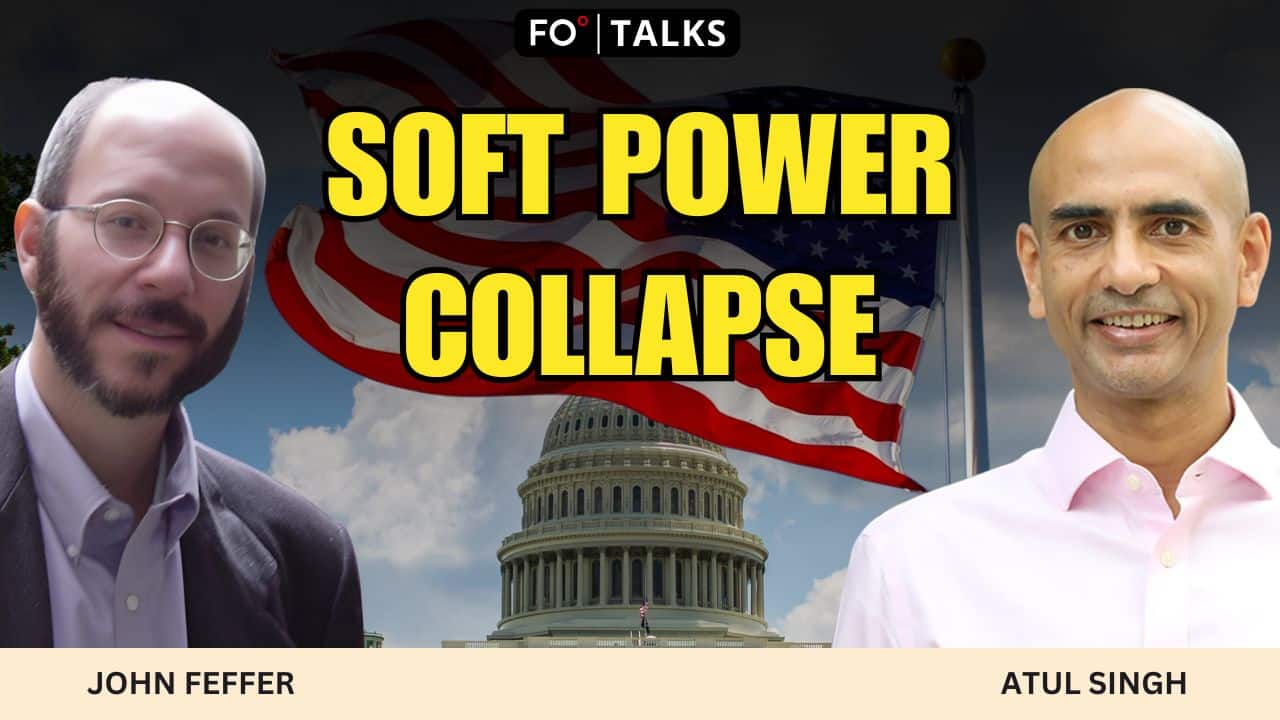

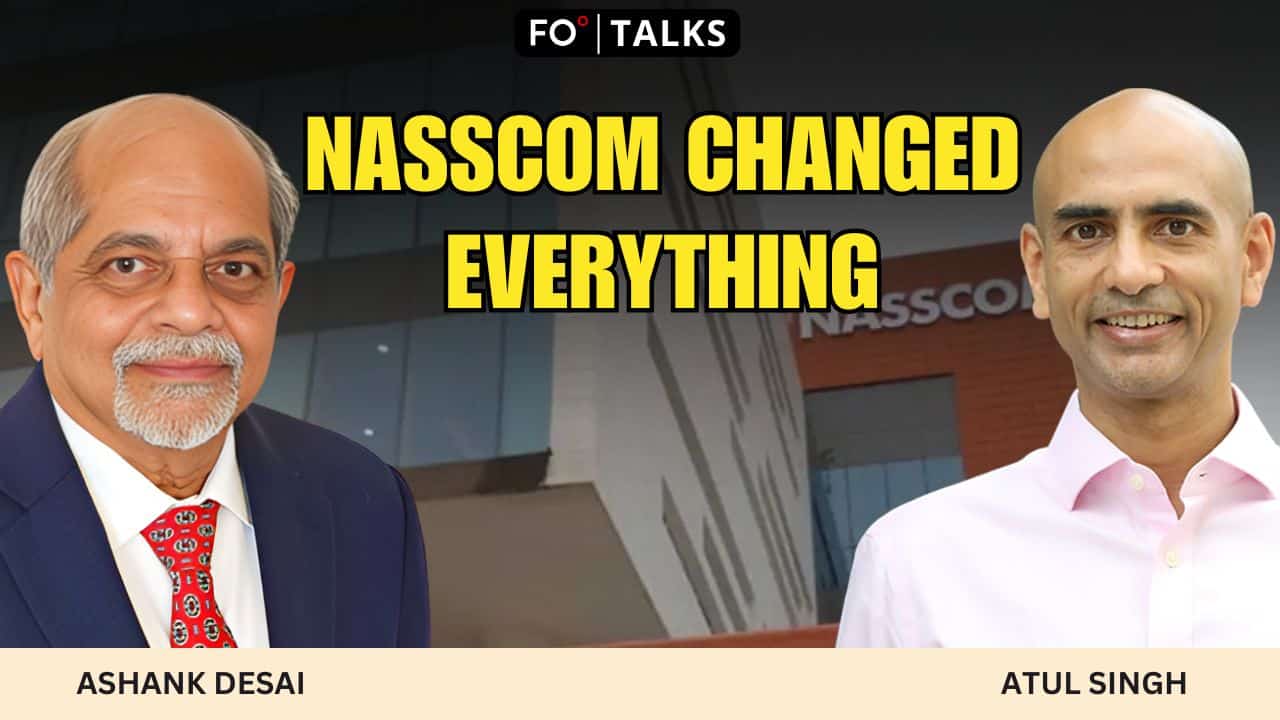

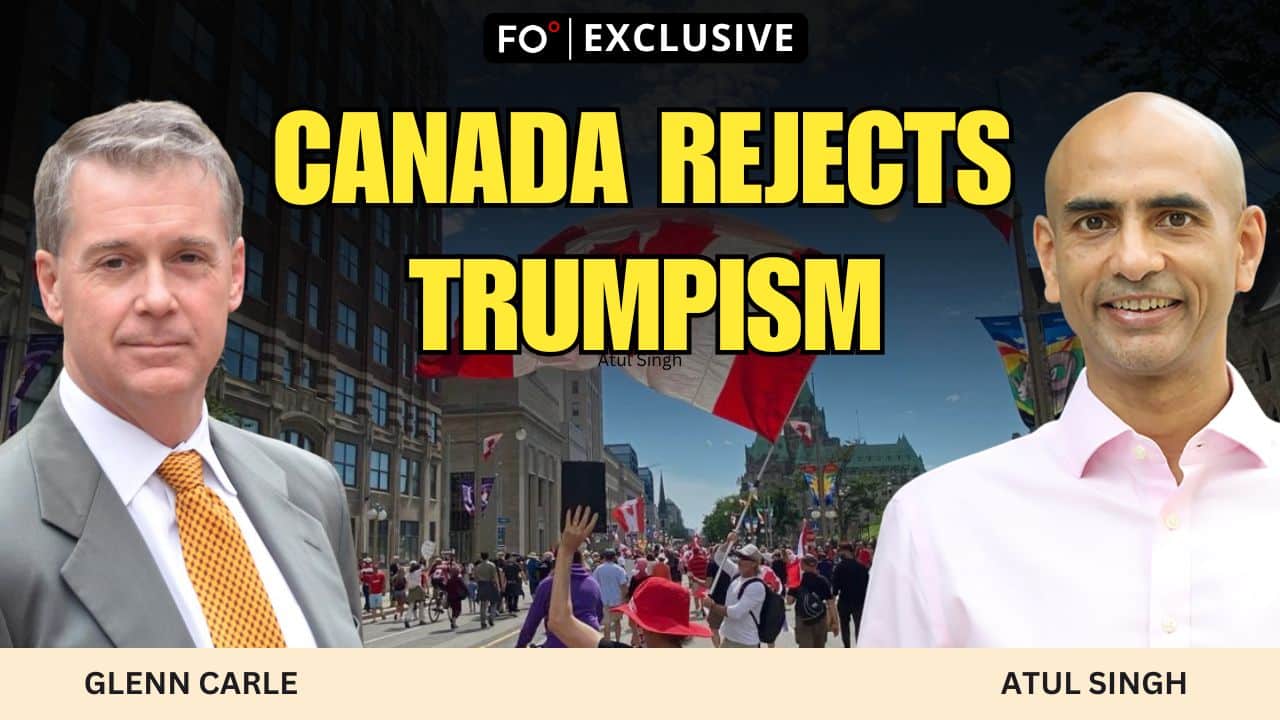



Comment